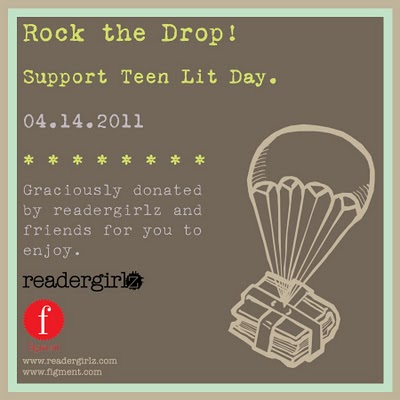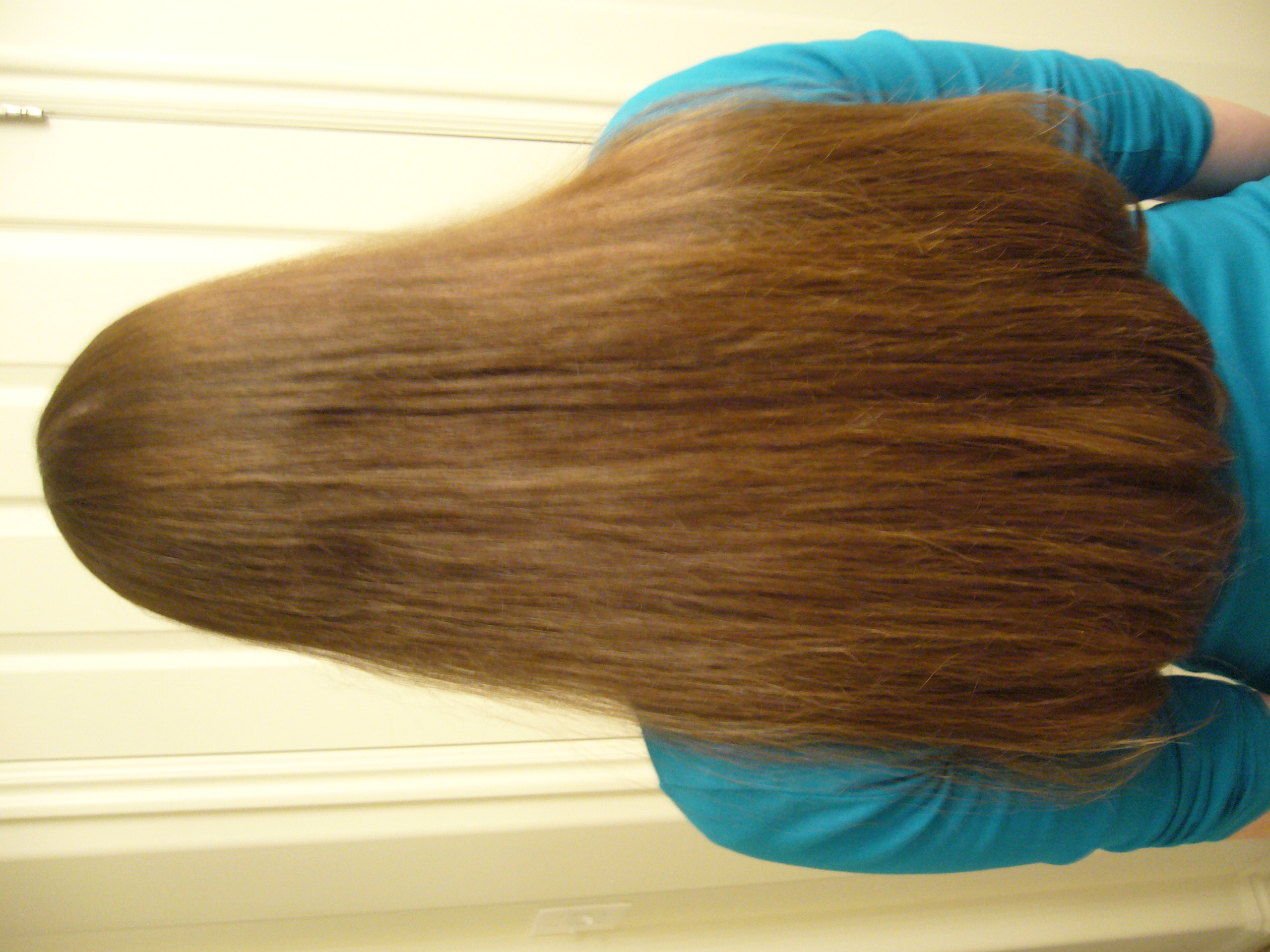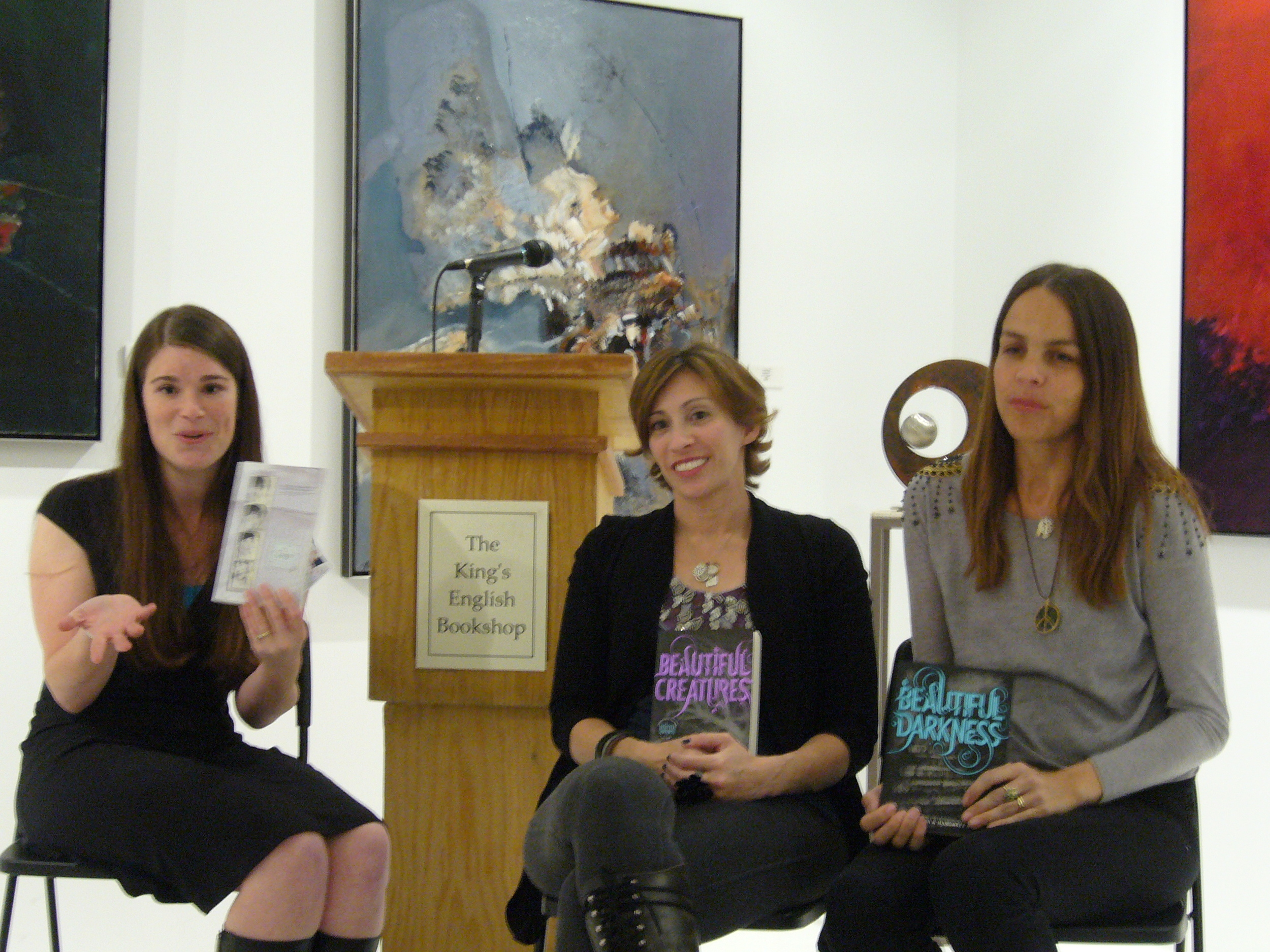This Thing Called the Future Giveaway
One of my favorite things (if not my VERY favorite thing) about being an author is meeting other authors. I have more to say about this, but I'm going to save it for another post because I want this post to be all about my friend J.L Powers and her new book, THIS THING CALLED THE FUTURE.

I happen to love, love, love J.L, so much so that I am traveling to her Northern California home where we will be doing a few book events together. And to prep for this sweet, sweet mini-tour, I wanted to post some stuff about this fine woman and her compelling, fascinating book:
THE WOMAN BEHIND THE BOOK J.L. Powers was conceived in northern Kenya, grew up in the big bad border town of El Paso, Texas, and eats jalapeños on everything—but that doesn’t mean she was able to stomach the fiery pepper of Mozambique known as the piri-piri! About ten years ago, she became so obsessed with South Africa that she got not one but two master’s degrees in African history. She’s so confused by now that when she tries to speak Spanish, she ends up speaking Zulu instead. This Thing Called the Future is her second young adult novel.
THE BOOK “This novel takes a loving, clear-eyed look at the clash of old and new through the experience of one appealing teenager… A compassionate and moving window on a harsh world.”—Kirkus Reviews
“… a compelling, often harrowing portrait of a struggling country, where old beliefs and rituals still have power, but can’t erase the problems of the present. Readers will be fully invested in Khosi’s efforts to secure a better future.”—Publishers Weekly
EWS: How did you come up with your protagonist Khosi? Did you base her on a specific person you met or is she a composite character?
When I first spent time in South Africa in 2006, I was on a Fulbright-Hayes to study the Zulu language. I stayed for a time with a family in Imbali township. One of the daughters was 14-year-old Khosi, a beautiful young woman, always cooking and cleaning and being a good daughter and granddaughter. But she startled me one day by revealing that she liked to go to parties where she was a V.I.P. and all the men paid attention to her. By men, she wasn’t talking about other teenagers—she was talking about men in their twenties, thirties, even forties. When we went walking in the township, the drunk young men wandering by and giving us the eye and sometimes making comments made me nervous—but she dismissed them without even thinking about it. They were hardly on her radar screen, they were so much a part of daily life for her. Obviously, she was the spark for the girl in my book, a 14-year-old named Khosi. But from there, my character had to take on a life of her own.
I did draw on my own thoughts and feelings when I was a teenager to write her, but I had to be careful. The life of 14-year-old-Jessica growing up in the U.S., even with religious parents who taught me and my brothers that there was an invisible spiritual world that was even more real than the visible world, was extremely different than the life of a 14-year-old Zulu girl, growing up with both Christian and traditional Zulu beliefs and navigating the very weird world of African belief systems nestled within the westernized world of education, medicine, and politics.
So I did a lot—and I mean a lot—of research.
EWS Can you tell me about your background in South Africa? How did you get interested in that country?
I’ve always had a morbid fascination with injustice. In South Africa, injustice was perpetrated on a daily basis against the country’s black majority. Once you start looking at the rich history of European immigration, the dynamics between Dutch and English settlers, the mixed race population, and the sea of Africans, you don’t have to look very far to start finding fascinating stories. And once I started visiting South Africa, it was impossible not to fall in love with people there and impossible not to get involved. You meet utter extremes of human depravity and supernatural grace every single day, it seems like.
For example, a couple of years ago, I received a surprise phone call from a South African woman I’d never met who was seeking asylum in the United States. She was hoping I would write a letter on her behalf to the judge who was overseeing her case. She was white, and she was fleeing her family, who belong to a notorious white supremacy group in South Africa known as the White Wolves. They were angry that she had adopted black children after 1994, when South Africa became a democratic country and blacks were finally allowed equality on a political basis. One day, they caught her as she was driving from her farm to Pretoria. By the side of the road, her own uncle disemboweled her and left her there to die, with her entrails and guts hanging out of her on the asphalt. Amazingly, she managed to recover, and she fled to the U.S., where she lived illegally once her visa ran out. She was afraid to return to South Africa because she believed her family would kill her. Unfortunately, the U.S. did not grant her asylum. She was deported to South Africa and last I heard, her daughter told me that she was moving to the Dominican Republic. I hope she made it there safely.
On the other side, the side of grace, I met a Zulu woman named S’the Ndlovu. S’the was an HIV-AIDS worker and lived in Imbali township, the township that is the setting of my book. Out of her own small salary, probably insufficient to meet her own needs since she had two daughters and was single, she started feeding local AIDS orphans. By the time I met her, she was feeding up to 80 kids a day. I don’t know how she did it, but I can say that I meet generous, self-sacrificing people like her every day I spend in South Africa.
EWS: I was intrigued by the healing methods in Khosi's world, so different from Western medicine. How do you feel about traditional healing? Have you used it or had any experience with it?
Well, it turns out the answer to that question is rather complicated—and I'm writing a non-fiction memoir about it. We all know herbs can be efficacious, so answering that part is rather obvious—I think herbalism is fine, though it must be practiced by someone with knowledge since some herbs can be dangerous. The real question is about their spiritual powers. Among the Zulu, traditional healers consult their ancestors to seek the cause of your health issue (which includes disease but is not limited to it). I do believe some people have a gift for healing and that sometimes that gift is supernatural in origin. There are plenty of charlatans out there but I encountered many "spirit" healers (for lack of a better term)—not just of the African variety, I also came across a man practicing Native American shamanism in Cape Town, and I can’t tell you how many Christian prophets I encountered—and many of them seemed genuine. Some of them clearly spoke to my life in a helpful and healing way, and I respect their calling. Also, just about everybody you encounter in South Africa has a story that can make the hairs on your arms rise. Belief is not an issue there the way it is among Americans. I don’t think I could have written this book if I didn’t believe in it to some degree or another. On the other hand, if I had cancer, I’d go to a medical doctor.
EWS: What do you hope people take away from your book?
Americans are giving millions and millions of dollars every year to fund HIV-AIDS programs in Africa. The lion’s share of that money buys antiretroviral medications for HIV-positive people. This is a program started by George W. Bush called PEPFAR (The U.S. President’s Emergency Plan for AIDS Relief). I was not a fan of George W. Bush but never let anyone tell you he didn’t do any good—the people of Africa are some of his hugest fans, even die-hard liberals. Anyway, those are our tax dollars at work. Because of us, there are literally thousands of people who are alive today who would otherwise be dead. Since we’re sending that money, I think we should meet some of the people whose lives we’re saving. And we shouldn’t meet them in a “you’re the recipient of my charity” kind of way. We should meet them on their turf, experiencing their life, and understanding their world. Africans are the most generous, hospitable people I’ve ever met—black, white, and mixed-race. My book offers people the vicarious opportunity to enter that world and to fall in love with Africans.
A NOTE FROM EM: This is a terrific, unique read, and I'm giving a copy to one lucky blog reader! To enter, leave a comment about one of your favorite YA books that helped you see the world in a new way. Oh, and if you spread the word about this contest via twitter, facebook, or your own blog, that's a second entry. Maximum two entries per person because otherwise I get confused.
Thank you, J.L Powers, and best of luck with the new book!









